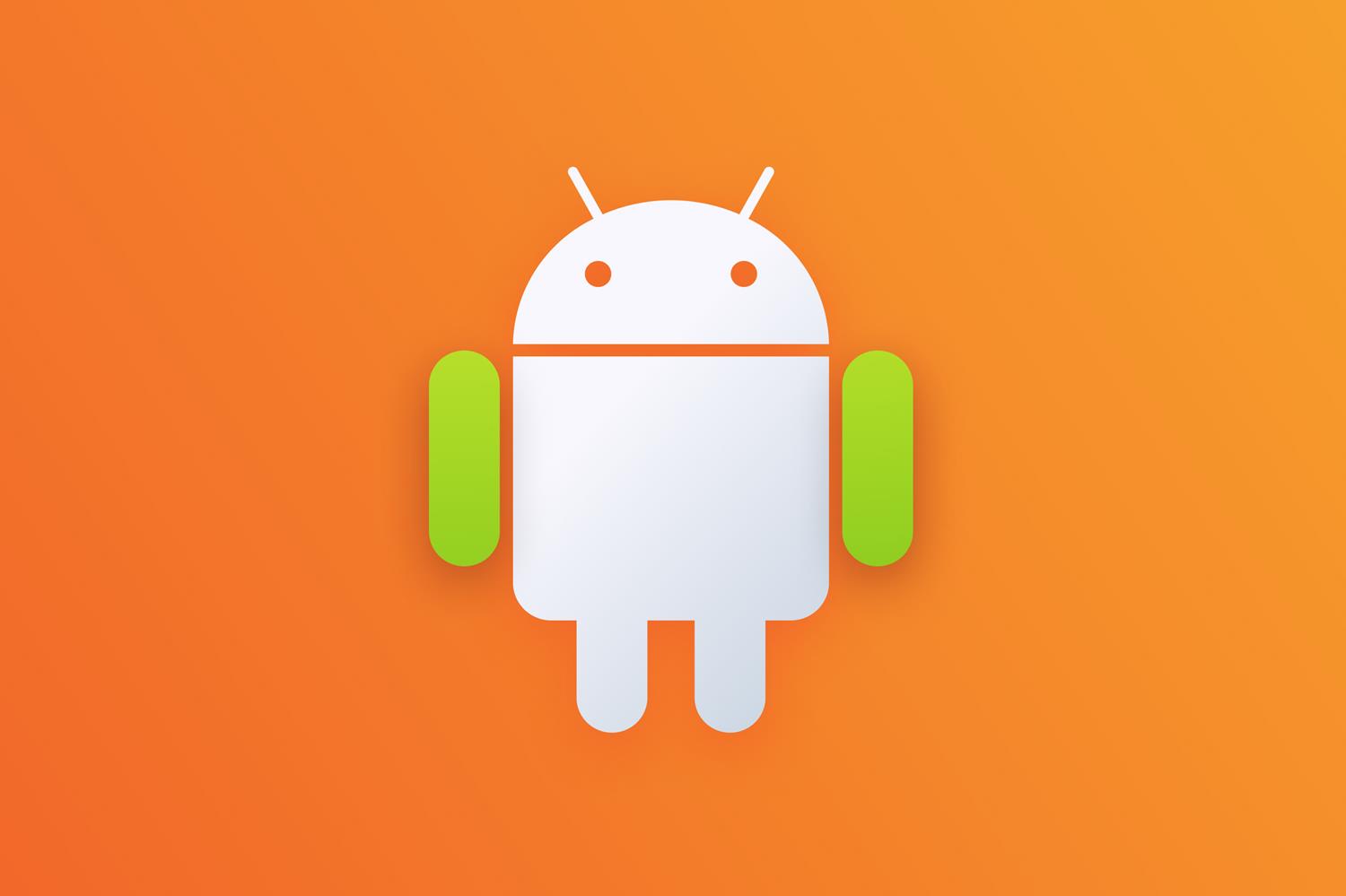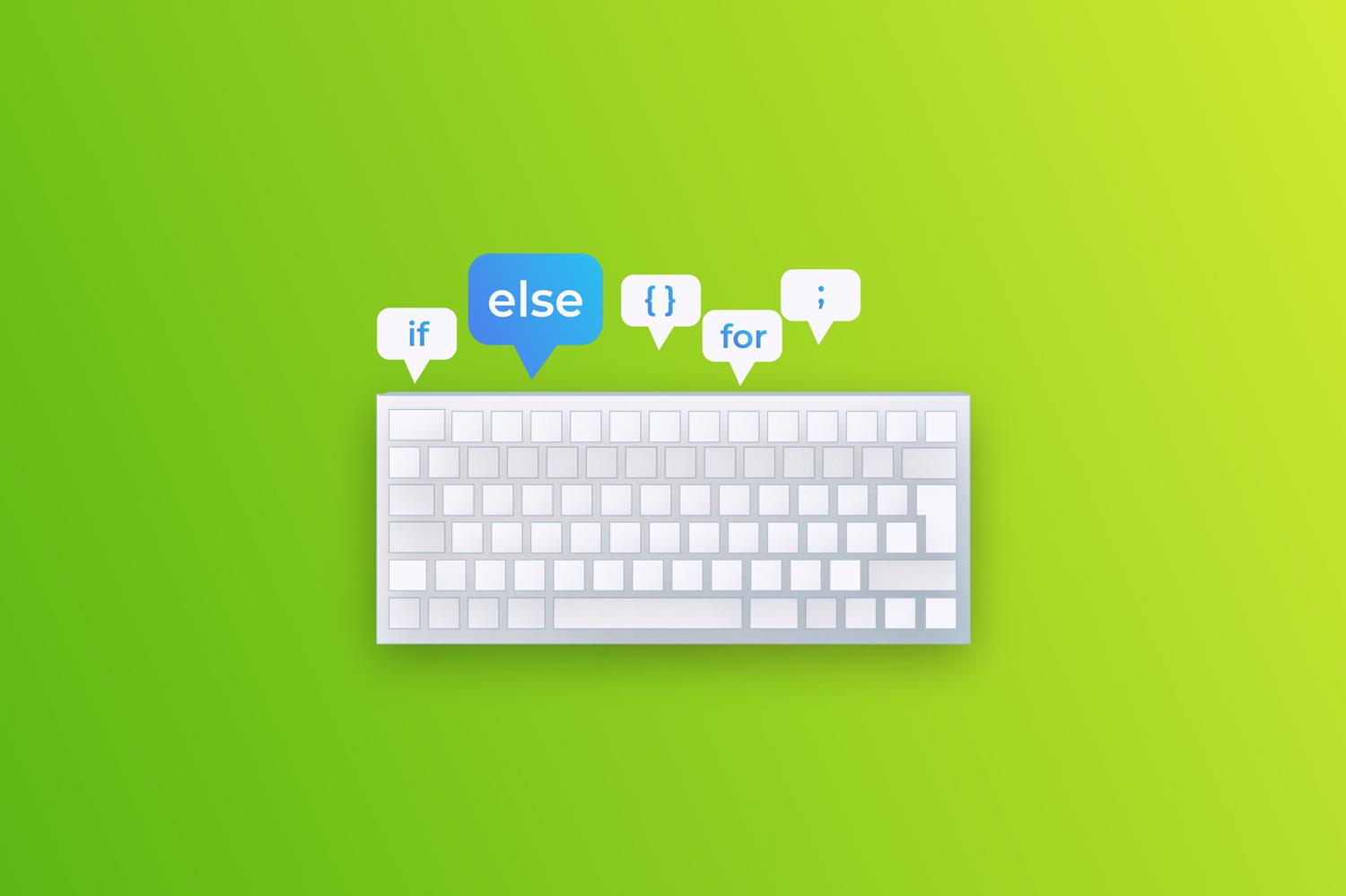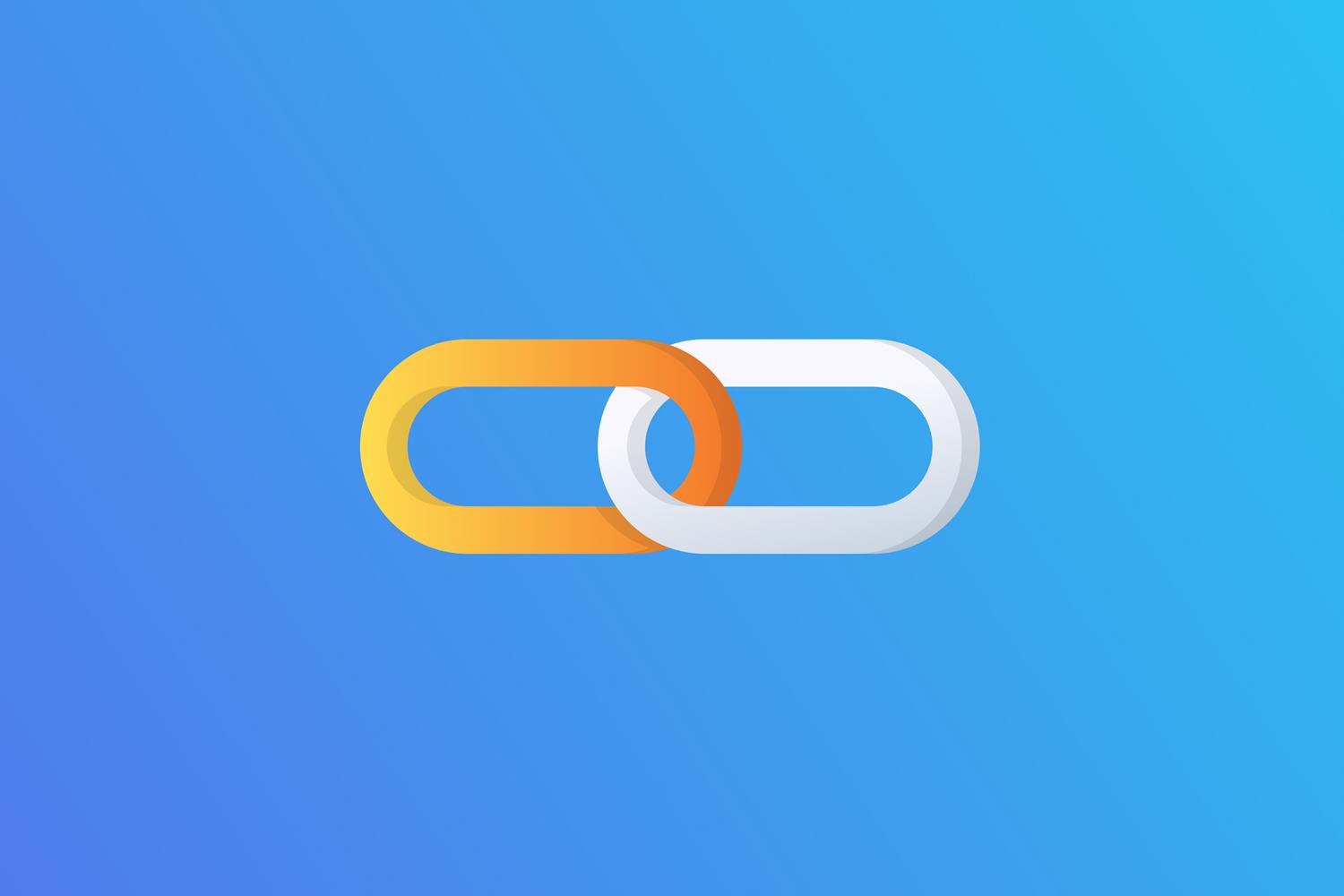Python isn't just a popular programming language – it's a versatile tool reshaping industries, from powering cutting-edge scientific research to automating complex financial models. Its intuitive syntax and vast ecosystem of libraries make it the perfect starting point for anyone looking to break into the world of coding. This article will introduce you to Python, showcasing its advantages and providing valuable resources to kickstart your learning journey. Get ready to dive into Python programming and unlock career opportunities!
The creator of Python, Guido van Rossum, gave his creation an unusual name. The name of the language bears no connection to a snake but is a nod to the famous 1970s TV show, Monty Python’s Flying Circus. It is also remarkable that Python has its own philosophy – the Zen of Python. You can get acquainted with its major principles during development: once per session, while entering the "import this" request, you will receive one philosophical principle.
What makes Python different from all the other programming languages is that it is understandable and has short code, so it really suits beginner developers as their first language. Python combines simplicity and conciseness with flexibility, high performance of programs running this language, compatibility with modern operating systems, and a wide variety of free built-in libraries. Python is suitable for developing a wide range of software, including office programs, web apps, GUI apps, and many more.
Appreciating the advantages of Python, diverse but extremely successful companies such as Google, YouTube, Spotify, Amazon, Walt Disney, NASA, Netflix and many others adopted this language. It will not come as a surprise that Python was named the most admired and desired language in 2024 by the StackOverFlow survey.
To learn Python, discover training programs in Python Development provided by EPAM. Our trainers with production experience will not only tell you about the language semantics but also will teach you to write clean and working code. To pass the interview for the training successfully, we recommend picking up some basic knowledge and getting familiar with some basic materials on Python.
Courses
- Learn Python at Codecademy. A basic overview in English and an introduction to the Python programming fundamentals: syntax, string sequences, libraries, etc.
- Python for Everybody Specialization. These course series teach how to program in Python to work with data structures, analyze and process data from files, web sources and APIs. The program has practical projects like developing search engines and data visualizations.
- Introduction to Computer Science and Programming Using Python. This English-language course introduces Python as an instrument for solving real analytical tasks, covering a wide range of topics and ways of using Python.
Video
- Python Tutorial for Beginners. The practical course to get started with Python in five hours. You can gain a good understanding of the concepts and hands-on experience with several demo projects through the video.
Podcast
- CodeNewbie. An Apple podcast in English that features interviews and developer stories that will be useful for beginner programmers.
Books
- Dive into Python by Mark Pilgrim. A practical manual, where each chapter starts with a real example of a code that is later analyzed closely. The book is publicly available.
- Python Crash Course: a Hands-On, Project-Based Introduction to Programming by Eric Matthes. An amazing guide, which will be especially useful to readers who find other Python books to be too complicated. It contains tons of theory, but it's specifically taken apart for Juniors to comprehend – moreover, you'll be able to try the new skills on the spot! The book includes a lot of "do-it-yourself" tasks (and their step-by-step solutions) and useful online resources for additional practice.
- Python Cookbook: Recipes for Mastering Python by David Beazley. You have started to get acquainted with the language's fundamentals and learned about its tools, but still can't answer the question, what is it like "under the hood"? This book contains all the main concepts, which will get you from thoughtless code typing to a deep understanding of Python's possibilities.
After studying this selection of useful materials, you will have the confidence and fundamental knowledge to become a real Python professional!
Apply for Python training programs from EPAM Campus and take your skills further!


_03400068.png)

_04172679.png)
_03572978.png)


